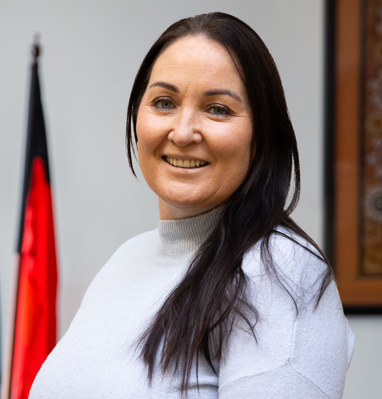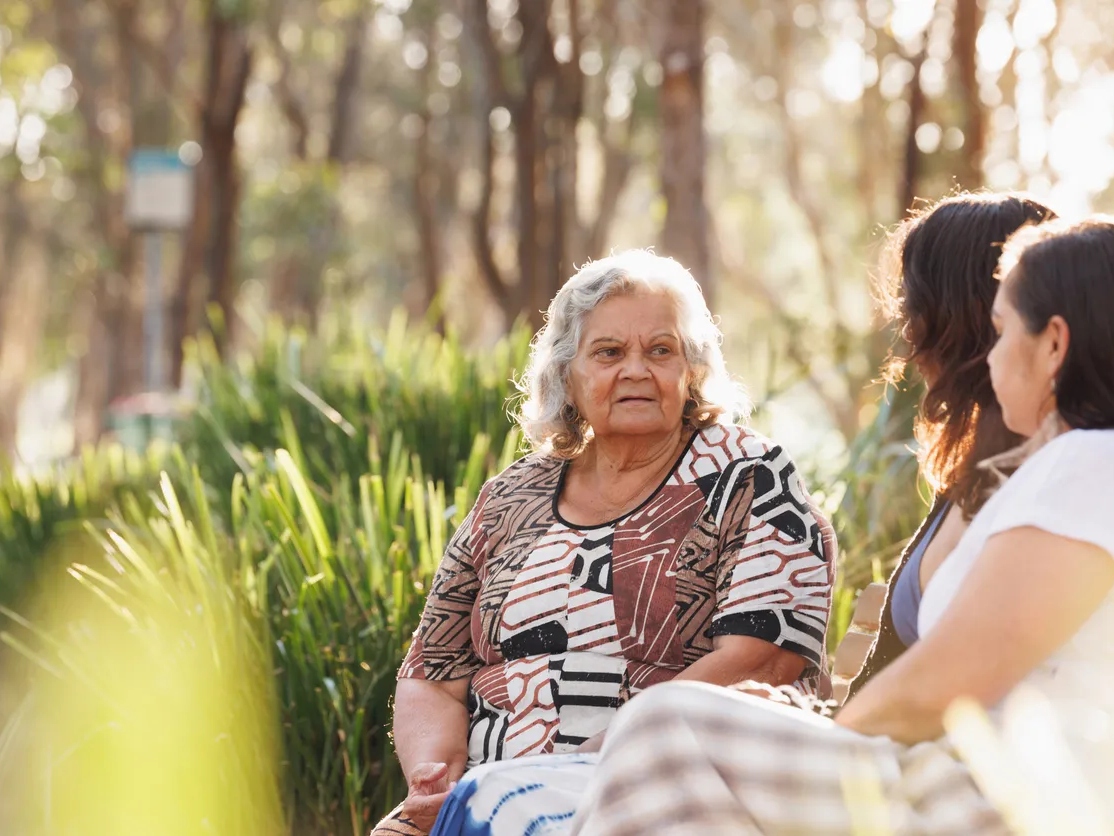The Older Persons Advocacy Network has welcomed Interim First Nations Aged Care Commissioner Andrea Kelly’s first report to government, calling it an important step forward for the sector.
Research for the Transforming Aged Care for Aboriginal and Torres Strait Islander people report took place between 5 February and 21 June 2024, with Commissioner Kelly travelling more than 70,000 kilometres across Australia, visiting urban, regional, remote and very remote communities.
The data was gathered from meetings with older Aboriginal and Torres Strait Islander people, their families, peak bodies, representative bodies, providers and advocacy organisations.
Commissioner Kelly found not enough has changed for Aboriginal and Torres Strait Islander people since the Royal Commission into Aged Care Quality and Safety published its final report four years ago, and that the aged care system has continued to fail older Aboriginal and Torres Strait Islander people. Of particular concern, is the lack of culturally safe care available in the system.
Kelly also notes the sector appears poorly placed to meet projected growth in demand of aged care services for older Aboriginal and Torres Strait Islander people.
Key findings
The report included the following key findings:
- current aged care system is largely culturally unsafe for Aboriginal and Torres Strait Islander people
- the current system is alienating for Aboriginal and Torres Strait Islander people
- Aboriginal and Torres Strait Islander people are entering the aged care system facing additional barriers and challenges
- there is a lack of flexibility in the aged care system to respond to the needs of Aboriginal and Torres Strait Islander people
- there is a lack of culturally appropriate communications to support understanding and access to the aged care system
- as they age, Aboriginal and Torres Strait Islander people are often disconnected from country
- institutionalised settings do not consider the impacts on Stolen Generations survivors, many of whom expressed a strong preference for home or community-based care
- mechanisms and processes to raise complaints about individual aged care services or interactions with the aged care system were either culturally unsafe, unresponsive or difficult to navigate
- there is a lack of Aboriginal and Torres Strait Islander specific data preventing informed policy and program decisions
- an equity-based approach is needed to achieve equal access and outcomes
- the royal commission and national agreement provide a framework for transformational change, but not enough has changed for Aboriginal and Torres Strait Islander people since the findings of the royal commission four years ago.
Commissioner Kelly did note positive examples of culturally safe, trauma aware and healing informed aged care practices in the report, particularly through services provided by Aboriginal Community-Controlled Organisations or partnerships between mainstream providers and ACCOs.

Kelly also highlighted the National Aboriginal and Torres Strait Islander Flexible Aged Care program as a positive model in its inherent flexibility to meet the ageing and cultural needs of individuals and communities, but recognised refining of the program is needed, and in some communities it needs to be adapted.
According to the report, there is overwhelming support for a permanent, statutory commissioner that is independent from the Department of Health and Aged Care and the government. Commissioner Kelly recommends drafting of legislation to introduce a permanent commissioner should commence immediately.
The other recommendations outlined in the report include:
- the government agrees to publish the Transforming Aged Care for Aboriginal and Torres Strait Islander report in full
- the government commits to developing a 10-year transformation plan, co-designed in genuine partnership with Aboriginal and Torres Strait Islander people
- the government give in-principle agreement to the proposed model of a permanent Aboriginal and Torres Strait Islander Aged Care Commissioner
- progress time sensitive and urgent recommendations.
Time for action
Older Persons Advocacy Network chief executive officer Craig Gear said members from OPAN’s National Aboriginal and Torres Strait Islander Advocates Network were consulted in the development of the commissioner’s report and now wanted to see action.
“OPAN endorses the recommendations, particularly the development of a 10-year transformation plan co-designed in genuine partnership with Aboriginal and Torres Strait Islander people,” said Gear.
“We are also pleased to see the recommendation for a permanent commissioner who can be dedicated to improving the aged care experience for Aboriginal and Torres Strait Islander people. All older people deserve access to safe, high quality and above all, culturally appropriate aged care services,” he added.
The government needs to keep moving on aged care reform said Gear, “and the key to this is ensuring the new Aged Care Act takes effect on 1 July 2025 – we cannot afford any further delays”.
This article originally appeared in Australian Ageing Agenda.
Follow Australian Ageing Agenda on LinkedIn, X and Facebook, sign up to the twice-weekly newsletter and subscribe to premium content or AAA magazine for the complete aged care picture.

